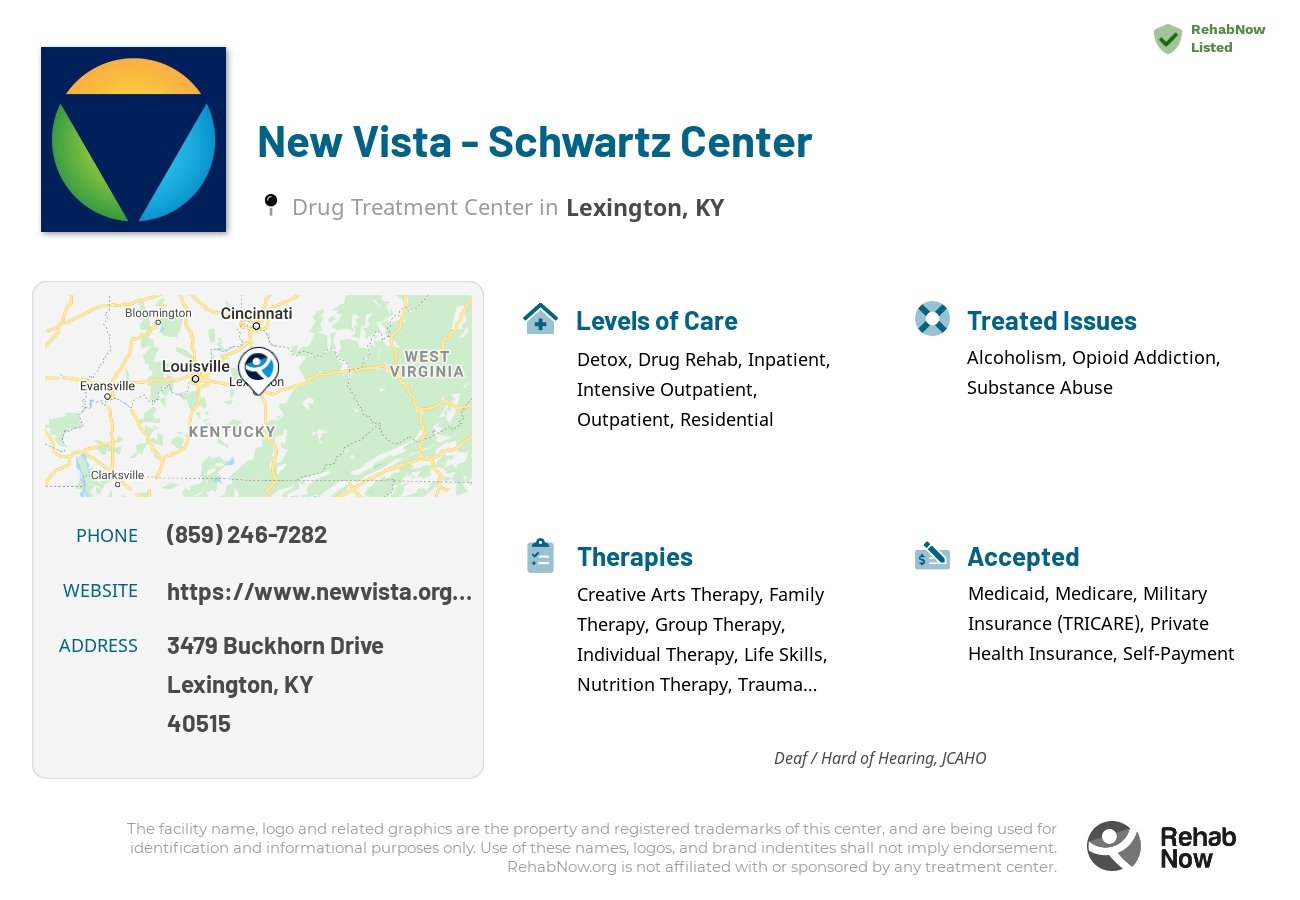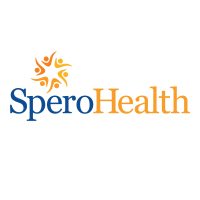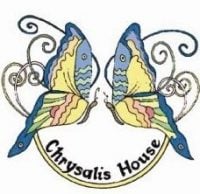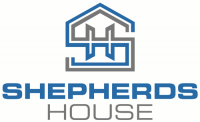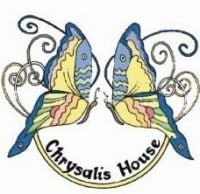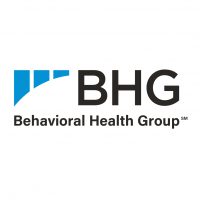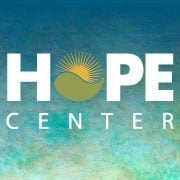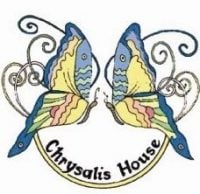New Vista - Schwartz Center
Drug Rehab Center in Lexington, Kentucky
New Vista - Schwartz Center in Lexington, Kentucky is a reputable treatment facility that specializes in comprehensive care for alcoholism, addiction, substance abuse, and mental health, offering various treatment options and a holistic approach to recovery in a supportive environment.
About This Kentucky Facility
New Vista – Schwartz Center, located in Lexington, Kentucky, provides a comprehensive approach to substance abuse and mental health treatment for adults, youths, and families. Focused on offering high-quality, nonprofit community resources, this accredited center features 20 beds and specializes in individualized and group support, psychiatric services, and educational sessions, making it a unique place for recovery.
Accredited by the Joint Commission on Accreditation of Healthcare Organizations (JCAHO), New Vista – Schwartz Center stands out for its commitment to safety and quality in addiction treatment. They perform thorough case assessments for dual diagnosis and offer a diverse range of services including medically assisted detox, intensive outpatient programs, and residential inpatient treatment to cater to various needs.
- Intensive Outpatient Program (IOP) consists of 18 group sessions over six weeks, teaching essential skills for handling stress triggers and preventing relapse.
- The 28-day residential inpatient program offers personalized care including education, group therapy, and exposure to community support groups.
- Medically assisted detox provided by licensed medical professionals ensures a safe and comfortable withdrawal process from substances.
At New Vista – Schwartz Center, the treatment extends to alcoholism, opioid addiction, and other substance abuses, utilizing a blend of psychiatry care, case management, drug testing, and both individual and group therapy to assist in recovery. Their levels of care cater to a variety of needs, making this center a comprehensive option for those seeking to overcome addiction and co-occurring mental health issues.
Genders
Ages
Modality
Additional
Accreditations

JCAHO
Conditions and Issues Treated
Substance abuse is defined by the continued use of drugs or alcohol despite negative consequences, such as legal or work problems. It can be treated using a variety of services, including therapy and medication.
Substance abuse treatment is beneficial for:
- People who have been using drugs or alcohol for a long time.
- People who have been using drugs or alcohol to cope with stress, anxiety, or depression.
- People who have a mental health disorder in conjunction with substance abuse.
- People who continue to use drugs or alcohol despite the harmful effects they cause on their own life and the lives of others.
- People who have had multiple failed attempts at recovery without medical assistance.
If you believe that addiction treatment is right for you or a loved one, you can contact your primary care physician, or search for addiction treatment centers in your area. Treatment is beneficial to people who are motivated towards recovery, and who understand the benefits of professional care.
Opioid addiction is the result of repeated use, or abuse, of opioid drugs. It is recommended for people who are dependent on opioids, or who have a high risk for dangerous health concerns, to seek professional treatment. Treatment plans usually include behavioral therapy and medication-assisted treatment.
Opioid drugs include: fentanyl, heroin, methadone, oxycodone, and oxymorphone.
Opioid addiction treatment is beneficial for:
- People who have a history of severe withdrawal.
- People with a high risk for dangerous health concerns.
- People having difficulty overcoming opioid addiction on their own.
There are different kinds of Dual Diagnosis:. A person who simultaneously experiences both a mental illness and an addiction disorder. Or, a person who experiences one or more coexisting (simultaneous) mental health conditions in addition to a primary substance use disorder.
The treatment requires a multi-disciplinary approach, it’s crucial for individuals to partner up with a healthcare provider who understands all the recovery components.
Levels of Care Offered at New Vista - Schwartz Center
This center offers a variety of custom treatment tailored to individual recovery. Currently available are Aftercare Support, Detox, Drug Rehab, Dual-Diagnosis, Inpatient, Intensive Outpatient, Outpatient, Residential, with additional therapies available as listed below.
Detox is the stage of recovery where the drugs or alcohol are entirely removed from your body. There are two different ways to detox, with medications and without. For many drugs and alcohol, the acute phase of detox can be completed in a number of days.
Inpatient treatment is the most intensive level of care, and it’s necessary for those who aren’t able to control their addiction. These patients also must be drug-free before attending inpatient programs .
During inpatient treatment, addicts live at an inpatient facility 24 hours a day while receiving help. This type of program is generally recommended for those who need to go through detoxification or who are struggling with serious addiction-related issues.
An Intensive Outpatient Program (IOP) is a form of drug treatment that allows individuals to receive the therapy they need while remaining in their homes and community.
An IOP is typically 3-5 days per week, at least 4 hours each day of treatment. Treatment can last for a few months or longer, depending on the situation.
An IOP is a step down from an inpatient treatment center and can be used as a step down from an inpatient stay or as a more intense form of outpatient treatment. IOPs allow for the flexibility to continue working and living at home while still meeting treatment demands.
The outpatient programs in Lexington, KY are for those addicted drugs or alcohol. The goal of the outpatient rehabilitation program is to make them stop abusing drugs or alcohol, reduce drug use or addictive behaviors, and become entirely sober. It is generally required to attend the outpatient program for 10-12 hours every week.
Patients can be administered on-the-spot medication to ease withdrawal symptoms such as anxiety, increased heart rate, and even depression. Groups such as Alcoholics Anonymous (AA) and Narcotics Anonymous (NA) can be used as a part of outpatient treatment to help maintain sobriety.
Residential treatment programs are those that offer housing and meals in addition to substance abuse treatment. Rehab facilities that offer residential treatment allow patients to focus solely on recovery, in an environment totally separate from their lives. Some rehab centers specialize in short-term residential treatment (a few days to a week or two), while others solely provide treatment on a long-term basis (several weeks to months). Some offer both, and tailor treatment to the patient’s individual requirements.
Aftercare support is a service many addicts need to ensure their success at recovery. This service usually includes one-on-one or group therapies, assistance from a sponsor and other types of help designed to make sure the patient continues living a life free from drugs.
Patients also may require medication to help them battle addiction. Some people have been able to successfully recover without additional medications, but others have found that they need help during their transition. Long-term, the patient must take the initiative to attend meetings and receive help from other addicts in recovery.
Therapies & Programs
People in addiction recovery can benefit from individual therapy. This type of therapy involves meeting with a therapist one-on-one. This allows for a personal and trusting relationship to be built so that the patient can be truly themselves and express any emotions they feel. Individual therapy leads to greater understanding and peace about your triggers for addiction and coping strategies to prevent relapse.
Couples therapy for drug addiction is based on the belief that addiction is a family disease. Everyone involved with an addict, not just the addict themselves, is affected by their behavior and the changes the addict goes through. The relationship also changes the addict’s significant other and has likely picked up some codependent behaviors. Codependency is a term used to describe a person obsessed with another person and their needs and feelings while neglecting their own. Addicts are usually people-pleasers, so it is understandable how one can become codependent in relationships with addicts.
Family therapy is a type of group problem-solving that aims to improve communication and relationships between the patient, their family, and sometimes friends. The main goal of family therapy for drug addiction is to create an environment where communication can occur without judgment, hostility, or blame. The therapist is with the family as they learn to communicate with each other differently, especially with the addict when s/he is using.
Group therapy sessions are held in rehab facilities, clinics, churches or community centers that offer drug addiction treatment. People who attend these groups are encouraged to voice their feelings and support other addicts in recovery. This helps group members strengthen their own recovery program while cheering on others who are struggling with sobriety.
Group therapy sessions provide recovering addicts with a chance to cope with everyday situations that many face. Group therapy sessions are held in rehab facilities, clinics, churches or community centers that offer drug addiction treatment.
People who attend these groups are encouraged to voice their feelings and support other addicts in recovery. This helps group members strengthen their own recovery program while cheering on others who are struggling with sobriety.
If you’re looking for addiction treatment, it’s important to find a facility that offers trauma therapy. This type of therapy helps people process and understand the past traumas that have led to their addiction. Trauma therapists will work with clients to help them understand their past and present relationships and show them that they are worthy of love. This therapy is typically done using visualization, discussion, and writing down thoughts and feelings.
Trauma Therapy is a form of therapy that involves working with a patient to help them process and understand the past trauma(s) in their life. This therapy is typically done using techniques such as visualization, discussion, and writing down thoughts and feelings. The main goals of trauma therapy is to help clients express their emotions and talk about what they are feeling.
Dialectical Behavior Therapy (DBT) is a form of cognitive-behavioral therapy that helps people understand how they connect their thoughts, behaviors, and feelings. It can give them more control over their actions, effectively stopping self-harm ideations and attempts in some patients. It also helps put those with borderline personality disorder into control for managing mental struggles.
A new study has shown that DBT works for those with self-harm behaviors and addictions by giving them therapy they can relate to and understand.
Cognitive Behavioral Therapy (CBT) helps addicts identify faulty, negative thinking so that they can work together with the therapist to find healthier ways of thinking. CBT focuses on specific aspects of each person’s thinking, feeling, physiology, and behavior. It aims to identify specific problems in these areas, and create a personalized treatment strategy.
Rational Emotional Behavior Therapy is a unique type of therapy because it helps addicts understand their emotional behavior to help them stay sober. It breaks down the addiction and behaviors behind it.
Rational Emotional Behavior Therapy aims to help you understand your emotions and how they affect your behaviors and addiction. Those that complete the program will be able to:
- Change their behaviors in a positive way
- Identify their feelings and reactions
Life Skills Services offered at New Vista - Schwartz Center assists addicts in their recovery by teaching them healthy coping mechanisms that will aid them in becoming sober, focussing on helping people enter into, and maintaining long-term sobriety. New Vista - Schwartz Center provide Life Skills Services at varying levels of intensity, specific to the needs and requirements of each patient.
Benefits of Life Skills Services offered at Drug Treatment Centers in Kentucky:
- Restores hope and empowerment — Helps addicts believe that recovery is possible and instills a new confidence in their ability to achieve a positive, drug-free future
- Enhances family involvement — Encourages families to get involved in the recovery process and supports their understanding and encouragement of healthy behavior.
- Increases patient’s compliance — Helps patients take responsibility for and ownership of their recovery and encourages continued progress
- Reduces relapse rates — Encourages long-term abstinence and emphasizes the importance of establishing sober support systems.
12-Step Program is used by drug treatment centers to get addicts sober. The treatment is outlined by Alcoholics Anonymous and Narcotics Anonymous books which detail the steps drug users need to take in order to get sober. The program is often used as a part of an inpatient or outpatient treatment program and is frequently recommended by doctors.
The 12 steps typically begin with addicts admitting they need help. They are then guided through the steps by a sponsor, someone who has already struggled to get sober themselves. They will work through physical withdrawal symptoms, identify the problems that led to their addiction and learn how to resist cravings.
Addicts often experience intense cravings for sugary foods during recovery. By teaching addicts how to eat well and stay healthy, therapists can help them manage their cravings over the course of treatment.
During these sessions, Lexington, Kentucky dietitians and therapists will offer advice about healthy eating options and teach addicts how to make specific changes in their diet that can help reduce the effects of cravings during recovery.This type of therapy is often used in conjunction with other types of addiction treatment services. By identifying specific triggers and developing strategies to help addicts avoid relapse, most individuals can overcome their cravings and stay sober for good after they finish rehab.
The first step to becoming a non-smoker is the choice to quit smoking. Nicotine replacement therapies are effective because they provide you with the nicotine you are addicted to without inhaling carcinogens from cigarettes.
There are several types of NRT. These include:
- Nicotine gum
- Nicotine patches (transdermal systems)
- Nasal spray
- Lozenges
The benefits to using NRT can include:
- Reduce the risk of heart disease and cancer
- Reduce the anxiety and irritability associated with quitting smoking
- Reduce the risk of type II diabetes.
- Improved fertility in women
Payment Options Accepted
For specific insurance or payment methods please contact us.
Is your insurance accepted?
Ask an expert, call (888) 674-0062
Additional Details
Specifics, location, and helpful extra information.
Lexington, Kentucky 40515 Phone Number(859) 246-7282 Meta DetailsUpdated April 15, 2024
Staff Verified
Patient Reviews
There are no reviews yet. Be the first one to write one.
Lexington, Kentucky Addiction Information
Kentucky ranks among the top ten states for opioid-related overdoses. Most of these are due to heroin, fentanyl, and prescription opioid use. A little over 11% of the Kentucky population abuses alcohol in a given year. More than 15% of Kentucky adults admit to participating in binge drinking every month.
Lexington, Kentucky has a moderate drug addiction and abuse problem. 6.7% of Lexington residents over the age of 12 abused drugs in 2014. The most commonly abused substances were alcohol, followed by cocaine, and heroin. In Lexington, there were 1,013 drug-related emergency room visits in 2016. The most important thing to remember when looking for drug rehab is that every individual is different and will require a different approach to treatment.
Treatment in Nearby Cities
- Lancaster, KY (25.6 mi.)
- Stanton, KY (34.0 mi.)
- Bellevue, KY (78.1 mi.)
- Owensboro, KY (145.5 mi.)
- Lawrenceburg, KY (24.2 mi.)
Centers near New Vista - Schwartz Center
The facility name, logo and brand are the property and registered trademarks of New Vista - Schwartz Center, and are being used for identification and informational purposes only. Use of these names, logos and brands shall not imply endorsement. RehabNow.org is not affiliated with or sponsored by New Vista - Schwartz Center.



